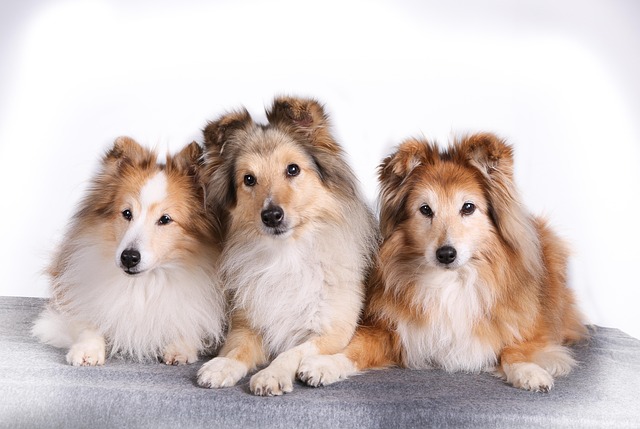
How do i train my dog to be obedient?
Watching your dog dart across the park ignoring your calls isn’t just frustrating—it can put them at risk near busy streets or public spaces.
Bringing home a Border Collie puppy means endless energy—and a few messy surprises. You’ll probably find a few accidents on the kitchen rug in the first week, which makes new owners wonder how long this phase lasts. The truth is, Border Collie potty training timelines shift based on consistency, their age, and how well you tap into their smarts—plus, following local rules about pet waste keeps you on the right side of the law.
Most Border Collie puppies catch on in 4 to 8 weeks, but this breed’s high intelligence means they learn even faster with positive reinforcement. Keep a strict schedule: take them out first thing in the morning, after meals, and right before bed. When they go in the right spot, reward them with a tiny training treat and excited praise—this links good behavior to positive outcomes. Remember, many cities in the EU and US fine owners for uncollected pet waste, so always carry poop bags during these trips.
 Age plays a big role too. Puppies under 12 weeks can’t hold their bladder long—think 1 to 2 hours max—so more frequent trips are a must. Older rescue Border Collies might already have some habits, good or bad, which can shorten or lengthen training. For example, a 6-month-old Collie from a shelter might take 3 weeks to adjust to your home’s routine, while a 8-week-old pup needs the full 8 weeks to build bladder control.
Age plays a big role too. Puppies under 12 weeks can’t hold their bladder long—think 1 to 2 hours max—so more frequent trips are a must. Older rescue Border Collies might already have some habits, good or bad, which can shorten or lengthen training. For example, a 6-month-old Collie from a shelter might take 3 weeks to adjust to your home’s routine, while a 8-week-old pup needs the full 8 weeks to build bladder control.
Consistency beats intensity every time. If you let your Collie go inside once “just this once,” they’ll get confused about the rules. Use the same door to go outside and stick to the same potty area—this helps them associate that spot with the right behavior. Some regions, like parts of the UK, require dogs to be on a leash in public spaces even during potty breaks, so keep a short leash handy to stay compliant.
Watch for their “tell” signs—pacing, sniffing the floor, or circling—and act fast. If you miss these cues and an accident happens, clean it with an enzyme-based cleaner (avoid ammonia, which smells like urine to dogs). Never scold them after the fact; Collies are sensitive and might start hiding to go potty instead. This is where understanding canine behavior helps—punishment slows down potty training progress.
By sticking to a schedule, using positive rewards, and following local pet laws, your Border Collie will master potty training in no time. Their smarts work in your favor, but patience is key—rushing the process leads to setbacks. In the end, a well-trained Collie means fewer messes and more fun walks, all while keeping you compliant with community rules.

Watching your dog dart across the park ignoring your calls isn’t just frustrating—it can put them at risk near busy streets or public spaces.

New puppy owners often find themselves rushing to clean up accidents before they set in, and that’s where puppy pad training becomes a game-changer.

If you've noticed your dog's waistline disappearing and your veterinarian has mentioned those few extra pounds, your first instinct might be to simply reduce the amount of food in their bowl.

Training a dog to use a designated spot indoors isn’t as daunting as many new owners fear, but it does take consistency and an understanding of your pet’s needs.

That moment of dread on a walk is all too familiar for many new dog owners. You see another dog approaching down the sidewalk of your neighborhood

If the sight of another dog on your neighborhood walk makes your heart sink as your own dog erupts into a frenzy of barking and lunging, you're not alone.